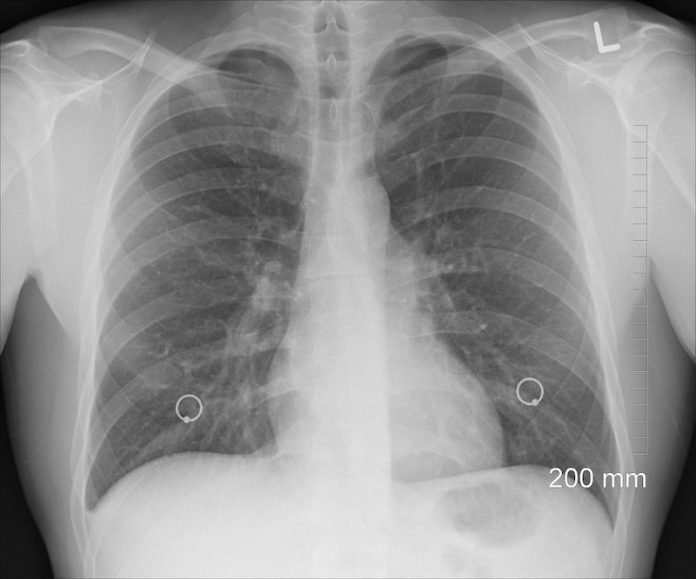
In a new study, researchers found that obesity makes COVID-19 worse and may lead to deadly blood clots in the lungs.
They said that obese patients with COVID-19 may have nearly three times the risk of developing what is known as a pulmonary embolism.
Clinicians need to find which patients should have an evaluation for pulmonary embolism with pulmonary CT angiography, as the symptoms for COVID-19 and pulmonary embolism overlap.
Early detection of pulmonary embolism can allow prompt treatment with anticoagulation and minimize clinical problems.
Hospitalized obese patients with COVID-19 should be evaluated for increases in clotting indicated by a rising D-dimer—a blood test for clotting.
The research was conducted by a team at Henry Ford Hospital in Detroit.
a recent study suggests that COVID-19 patients should be placed on blood thinners to prevent clotting.
According to the current study, 22% of 328 patients suffering from COVID-19 who had a CT scan angiography had a pulmonary embolism.
The researchers also found that patients taking statins to lower cholesterol before coming down with COVID-19 were less likely to have a pulmonary embolism.
Obesity may make COVID-19 worse because it’s associated with an increase in inflammation. Inflammation also increases the risk of clotting.
This study underscores a point that’s becoming more widely known about COVID-19—that obesity leads to an inflammatory cascade.
It is known that inflammatory chemicals increase with obesity. That’s the suspected mechanism of why obese patients are more at risk for complications.
Inflammation can lead to blood clots, although that’s not been proven.
The team says further studies are needed to determine if statins have a protective effect against pulmonary embolism in COVID-19 patients. Statins are anti-inflammatories.
The lead author of the study is Dr. Neo Poyiadi from the department of diagnostic radiology at Henry Ford Hospital in Detroit.
The study is published in Radiology.
Copyright © 2020 Knowridge Science Report. All rights reserved.



